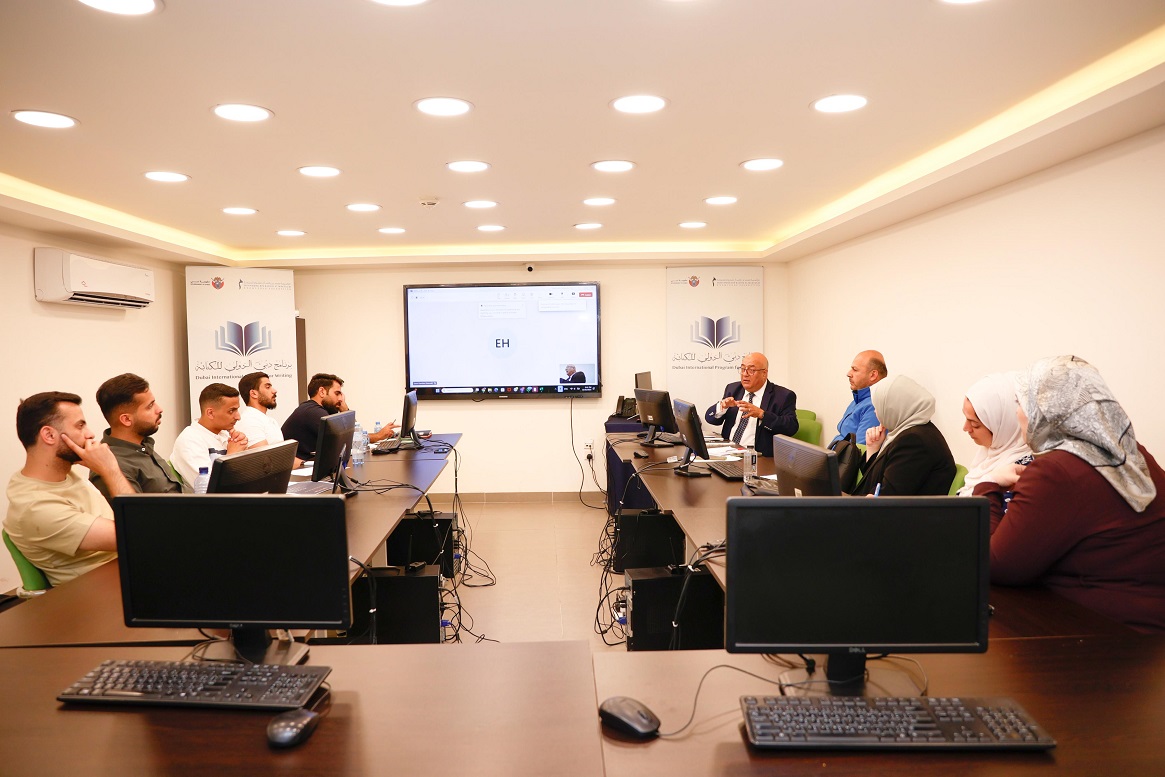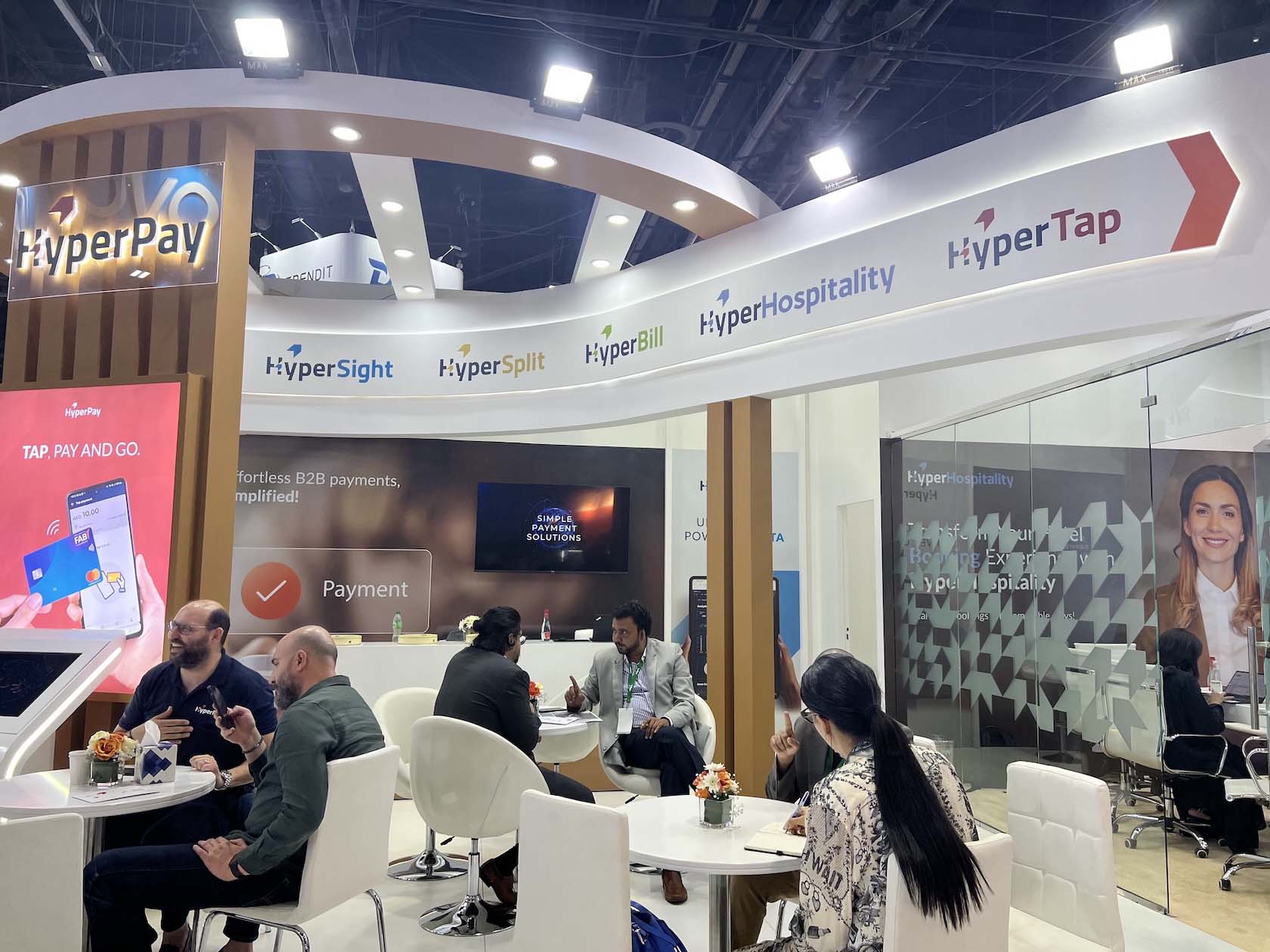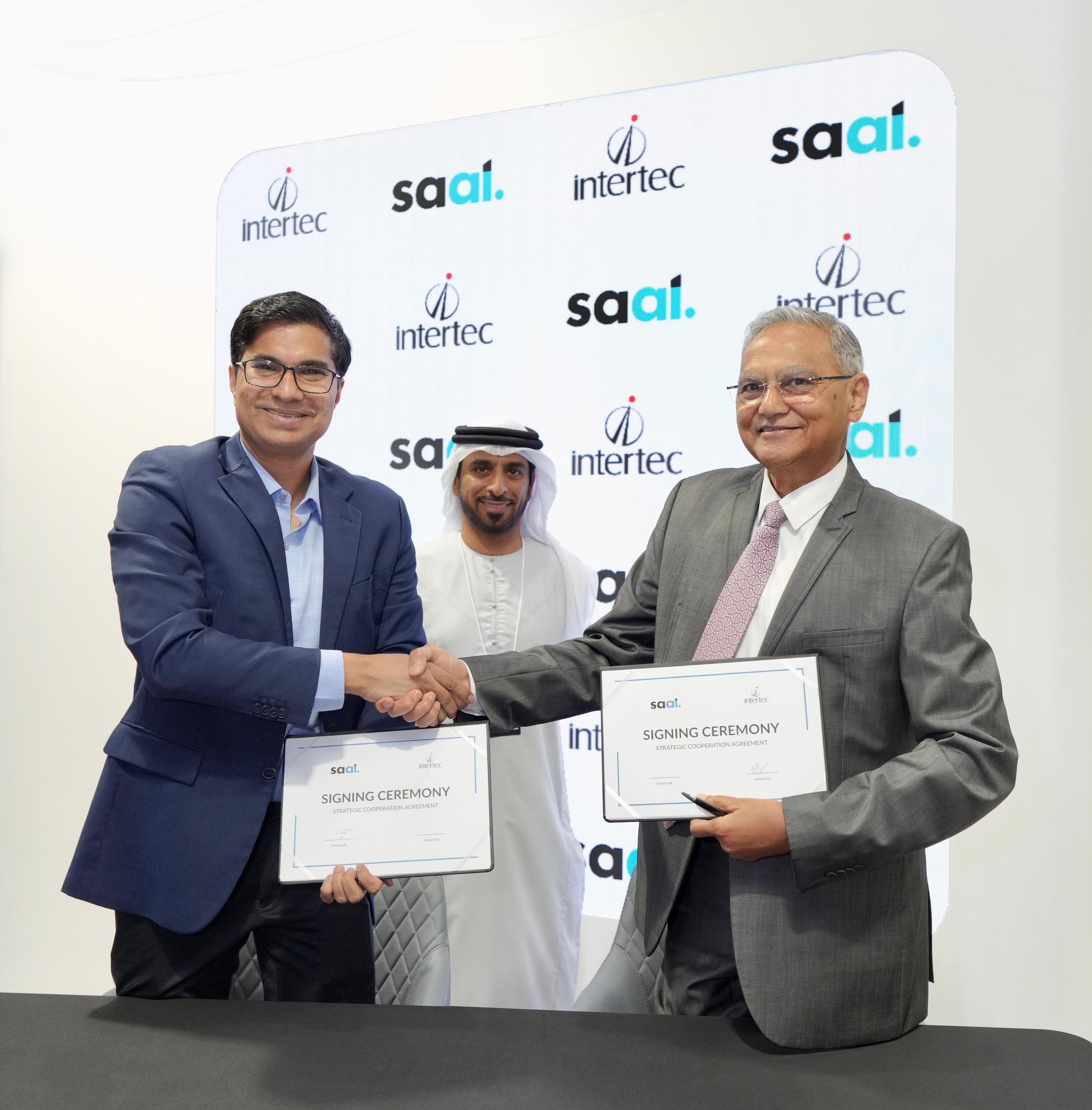MBRF’s Dubai International Program for Writing launches ‘Book Criticism’ workshop in Jordan
To develop Arab talents in reading and literary criticism

Dubai, United Arab Emirates, 02 June 2025- The Mohammed bin Rashid Al Maktoum Knowledge Foundation (MBRF) launched a training workshop titled ‘Book Criticism Workshop,’ which will be held in Jordan under the Dubai International Program for Writing (DIPW), one of MBRF’s flagship initiatives. The workshop aligns with DIPW’s objective to nurture Arab talents, refine their skills, and prepare them to actively develop and disseminate knowledge.
The key goal of the workshop is to develop participants’ capabilities, further enhancing their reading and writing proficiency in literary narration and criticism. The workshop has been designed to equip talents with tools to master four levels of reading: elementary, inspectional, analytical, and Syntopical reading. Furthermore, the workshop aims to refine participants' writing performance across diverse forms, from artistic summaries and book reviews to article and report writing, while guiding them in preparing study outlines, drafting research papers, and authoring books using a methodical and well-structured approach.
Dr. Jamal Maqableh, workshop instructor and professor of Arabic literature and criticism at the Hashemite University in Jordan, said: “This motivational workshop is a part of MBRF’s constant efforts to empower and support literature enthusiasts. It offers the younger generation an exceptional opportunity to develop their skills and broaden their intellectual horizons, which will further enable them to reach higher level of skill and creativity. In addition to offering a set of useful tools and techniques, the workshop provides an opportunity to interact with authors, writers, and literary figures and gain insights from their experience and knowledge, which will help them better differentiate between different literary forms, genres, and fields as well as different levels, styles, and orientations of writers.”
This edition of the workshop is unique in incorporating artificial intelligence (AI) tools such as ChatGPT and DeepSeek, which are now prominent for their capability to accelerate recall, documentation, and text generation, despite these technologies’ inability to perform deep critical analysis. These tools help reduce workload by managing a significant portion of preliminary tasks, enabling researchers to work at a more advanced level. This ensures that investing in these capabilities can redefine the boundaries of intellectual creativity in the AI era.
The workshop encompasses reading books, presentations, discussions, debates, follow-ups, and viewing and listening to relevant recordings. Moreover, it aims to equip participants with the requisite skills for deep reading and precise writing through an integrated training regimen that progresses through successive stages, from comprehension to critical evaluation. Additionally, the workshop focuses on training participants in diverse critical methodologies, including classical criticism and contemporary movements, as well as expanding the study of literary theory, the philosophy of criticism, and its multiple applications.
In addition, the workshop provides participants with exceptional opportunities to hone their skills in text summarization and analysis, as well as in writing articles, reports, critical reviews, and research proposals, while adhering to linguistic, stylistic, and organizational standards. The workshop also includes hands-on training in using AI throughout all stages of reading and writing, not to mention fostering the development of a ‘productive dialogue’ between humans and machines. This integrated approach not only enhances the participants’ abilities to engage with texts but also helps reshape the dynamic between readers and texts in the digital era. Moreover, the workshop prioritizes reading and critiquing books, presentations, and studies, particularly emphasizing the works of Emirati and GCC authors. It also explores contemporary literary and intellectual topics tied to cultural transformations in the Arab world.
At the workshop’s conclusion, participants will submit their works, which include articles, studies, reports, and research, all of which will be fully developed, refined, and prepared for publication through both individual and collaborative efforts.
-Ends-











